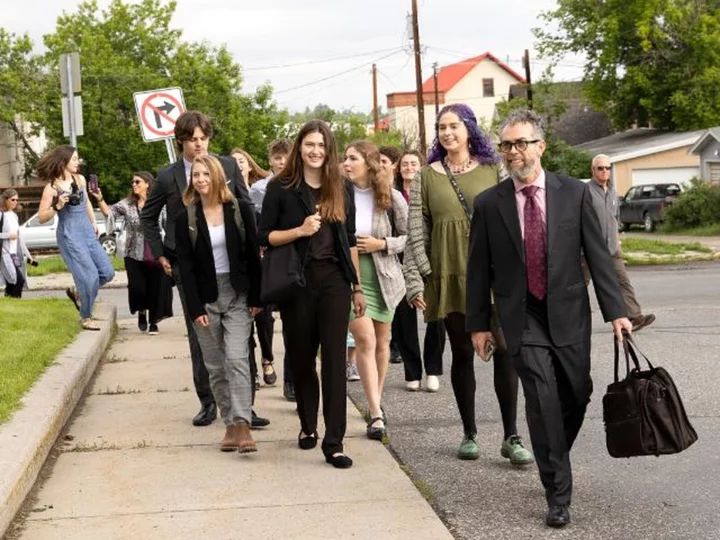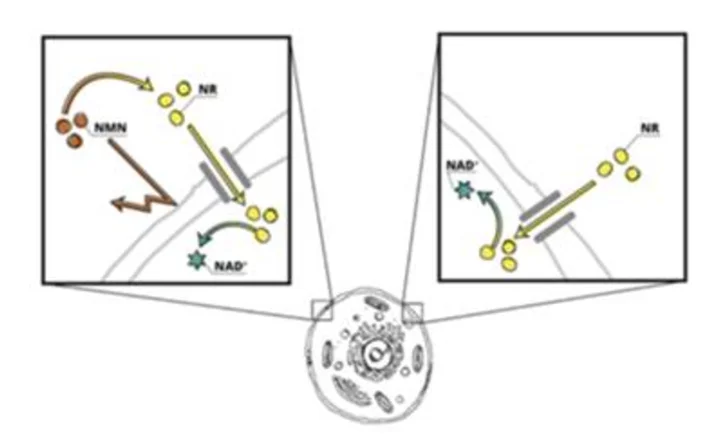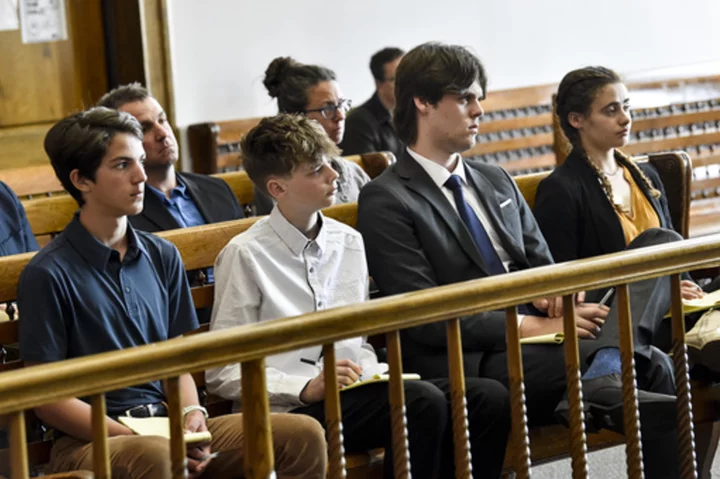A landmark youth climate trial is playing out in Montana, as more than a dozen young plaintiffs aged 5 to 22 said they are already being hurt by climate change-fueled wildfires, drought, reduced snowpack and impacts to wildlife.
The case is historic. It is the first youth climate case to make it to trial in the United States, even as several others are working their way through the court system. The trial is scheduled to run from June 12 to 23 in Helena, Montana.
The young plaintiffs are suing the state of Montana. The crux of their legal argument is Montana's continued development of its coal reserves and other fossil fuels break the state's constitution, which since 1972 has guaranteed the right to "a clean and healthful environment." Montana is one of the few states with such an explicit reference to a clean environment enshrined in its state constitution.
The plaintiffs are also asking the judge to declare unconstitutional a state law barring officials at Montana's state agencies from considering the impacts of planet-heating pollution when deciding whether to permit fossil fuel projects.
Attorneys for the state attorney general's office, meanwhile, argue climate change is a worldwide problem, Montana's greenhouse gas emissions are a tiny fraction of overall global emissions, and therefore, the state should not shoulder the blame.
Montana's relatively small population of 1.1 million people is "simply too minuscule to make any difference in climate change," Montana Assistant Attorney General Michael Russell said in his opening statement, adding climate change "is a global issue that effectively relegates Montana's role to that of a spectator."
The first week of the trial has featured personal and oftentimes emotional testimony from several of the young plaintiffs. They have spoken about how wildfire smoke has kept them indoors, extreme heat and shorter winters have hurt their ability to play sports and hurt native plants and animals important to tribal traditions, and increased drought has caused economic harm to their family ranches.
"It's very concerning knowing that climate change is affecting our seasons, it's affecting our plants and things that we eat and need to survive," plaintiff Sariel Sandoval, 20, a member of the Bitterroot Salish, Upper Pend d'Oreille, and Diné Tribes, testified Wednesday, speaking about how climate change is affecting tribal culture and subsistence practices. "Ultimately, it will change who we are, too."
The plaintiffs' lawyers have also called expert witnesses from around the state to testify on the health and emotional toll climate change takes on youth, as well as the effects on wildlife and the environment around the state of Montana. So far, state attorneys have cross-examined expert witnesses, but not the youth plaintiffs themselves.
Judge Kathy Seeley's eventual ruling, which could come weeks after the trial ends, will decide whether the state violated its constitutional right to a clean environment through its fossil-fuel friendly energy policies adding to greenhouse gas emissions.
Whatever verdict Seeley reaches, the state ultimately will not be forced to take corrective measures like halting its investment in fossil fuels. Still, the ruling could set an important legal precedent for upcoming youth climate cases in various stages.
While the Montana case is playing out in state court, a separate federal youth constitutional climate lawsuit -- Juliana v. United States -- could also be heading to trial after a June ruling from a US District Court judge allowed the case to proceed.
Juliana's plaintiffs allege the federal government's actions contributing to climate change have violated the constitutional rights of young people to life, liberty and property.
In Montana, the plaintiff's lawyers will be presenting until Friday, and the Montana attorney general's office will present its argument next week.
Climate cases often take years to get to court. The Montana plaintiffs first filed their case three years ago, while the Juliana case was first filed in 2015.
Over the course of the trial, several plaintiffs have asked the state to reverse course on mining for and burning fossil fuels.
"I know that climate change is a global issue, but Montana needs to take responsibility for our part of that," plaintiff Rikki Held, 22, testified. "You can't just blow it off and do nothing about it."









